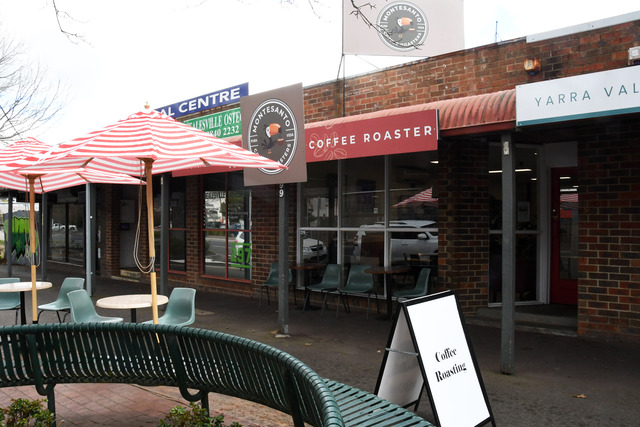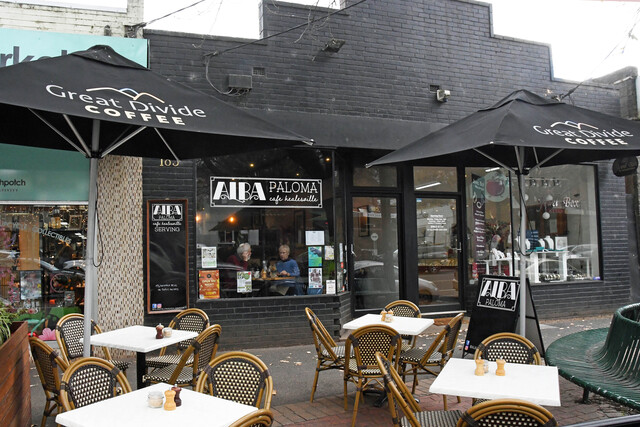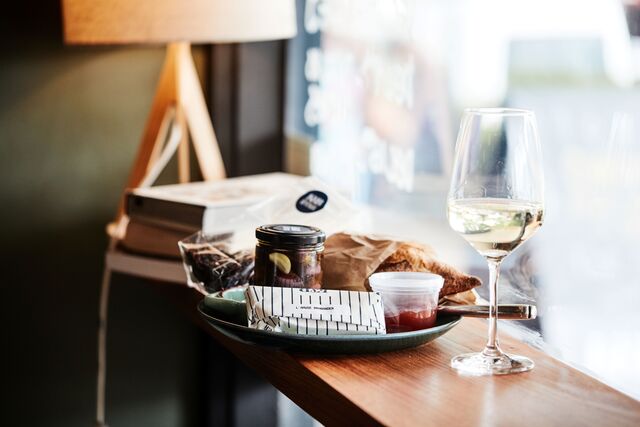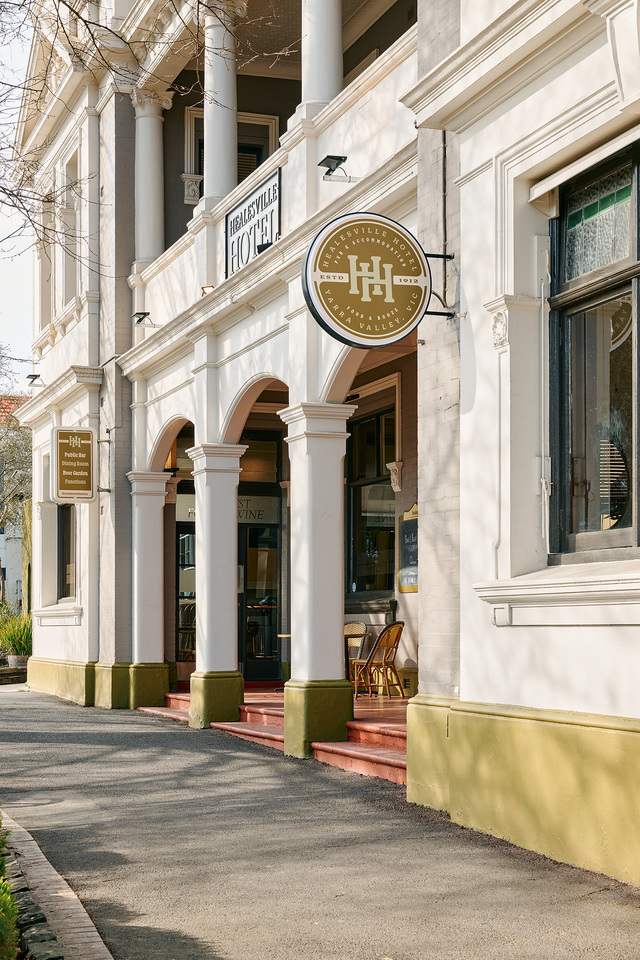PRIVATE George Muir’s letter to his mother Maria from Hogsback in the Sinai Desert in March 1916 starts “Just a line or two to let you know how things are going with me.”
The letter, written in pencil, two and a half months after the Anzac withdrawal from Gallipoli, is, in fact, 12 pages long.
After a short pre-amble he reflects with a mix of disarmingly matter-of-fact detail and moving personal insights on his three-and-a-half-months of hell.
George Muir was 21 when he joined up. The family lived in Christmas Hills and the Gallipoli letter is one of a parcel of letters found in the old family home and recently returned to his daughter Kathleen Hercus.
For Mrs Hercus and her three sisters, all in their 80s now, the letters are a window into a time in their father’s life which shaped his, and in some ways, their lives.
Wounded three times and gassed, he ended up with tuberculosis and died at just 56.
He returned home from the war with a wife, Irene, and with the Depression and a legacy of ill health which left him an invalid by the end of WWII.
Life for the Muir family was tough.
“I can’t actually ever remember him being a well man,” Mrs Hercus said of her father.
Like many who experienced the horror of The Great War, he never spoke it.
She remembers as a little girl asking him if he ever shot and killed anyone. He didn’t answer.
But there are answers now.
“I had only been there about one hour when I got my first shot and so settled my first Turk,” he wrote.
He starts from the day they left camp at Heliopolis in Egypt on Sunday 29 August to board a troopship at Alexandria.
“I cannot explain what I felt like that night nor will I ever forget it,” he wrote of his first night on Gallipoli – rifle fire and bombardment from the battleships continuing right through the night.
He first came under fire on the afternoon of Sunday 5 September before going into the trenches where he was put on to sniping on the front line.
He wrote it was impossible to describe what a battle field is like.
“I have seen some never to be forgotten sights and I don’t like writing of them.
“It was a daily occurrence to see men blown to pieces, but the most marvellous thing of all I think was how one sometimes got missed,” he wrote.
He told of his “closest shave” when a bullet passed between his right ear and his head, parting his hair and just breaking the skin on top of his ear.
Lone Pine he said was a terrible sight. “There were hundreds of dead laying unburied between ours and the Turks’ trenches.
“Many of them were still unburied when we left. I fancy I have still got the smell of dead men in my nose.”
At times it was the silence which was more remarkable.
“I suppose you think as I did before I went to the trenches that it is one continuous roar of fire but this is not so for there are lulls when there is hardly a shot fired for days and other times the firing is continuous on both sides.
“Sometimes it is hard to imagine there is a war going on at all.”
He writes of the hardship in the trenches, surviving on half rations, the snow, long hours without sleep, the steep terrain, impossible at places to get a foothold, of going a month without a wash.
“It’s a hard life taking it at its best,” he wrote with masterly understatement and acknowledgment that, so far, he was lucky to be alive.
Mrs Hercus said: “I am learning to know my father more as I read the letters and realise what he went through.”
Mrs Hercus and other family members will be at Yarra Glen on Sunday when, 95 years after he left Christmas Hills to serve his country, extracts of Private George Benjamin Muir’s letters will be read as part of the Anzac Day service.
Hair raising experiences
Digital Editions
-

Crafted with passion
At Montesanto Coffee – meaning Blessed Mountain – every cup is a journey to the summit of flavour. Its founder, Mario Morales, grew up among…





